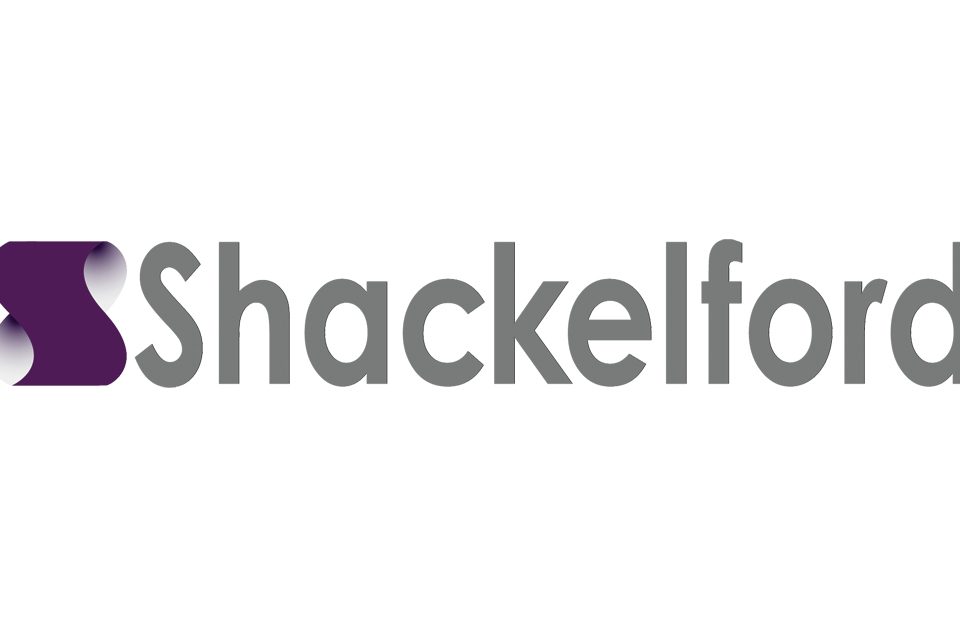Exactly two years after issuing a Notice of Proposed Rulemaking (“NPRM”) proposing changes to FAR Parts 61, 91, and 141, the FAA today published a Final Rule amending those regulations as well as FAR Part 142. Key changes to the regulations include the following:
Recurrent Proficiency Check for a Pilot in Command of a Single- Piloted Turbojet-Powered Aircraft
The Final Rule extends the requirement of FAR 61.58 for recurrent proficiency checks to pilots operating single-piloted turbojet-powered aircraft. However, for pilots of multi-seat experimental jets, the FAA will accept any of the following as an alternative:
- A single proficiency check by an EAE in any one of the experimental jet aircraft for which the airman holds an authorization to operate if conducted within the prior 12 months;
- A single proficiency check by an EAE in any experimental jet, if conducted within the prior 12 months;
- Maintaining qualification under an Advanced Qualification Program (AQP) under Subpart Y of part 121;
- Any pilot proficiency check given in accordance with Subpart K of Part 91, Parts 121, 125, or 135 conducted within the prior 12 months if conducted in a turbojet-powered aircraft; or
- Any other FAR 61.58 proficiency check conducted within the prior 12 months if conducted in a turbojet-powered aircraft.
Any one of the these checks will apply to the PIC privileges for all of the experimental jets for which the pilot holds an authorization for a given 12-month period. In the absence of such a check, a pilot may continue to operate the jet aircraft for which the pilot holds authorizations, but he or she will not be able to carry passengers. (Note: This requirement does not apply to pilots of experimental jet aircraft that, through original design, possess only a single seat.)
Application for and Issuance of an Instrument Rating Concurrently With a Private Pilot Certificate
The Final Rule amends FAR 61.65(a) to allow an airman to apply for an instrument rating concurrently with a private pilot certificate. Additionally, the pilot seeking combined private pilot certification and an instrument rating will be able to credit up to 45 hours (47 hours for the helicopter rating) of the required 50 hours of cross-country flight time as PIC when the student pilot is performing the duties of pilot in command while accompanied by an instructor. However, the 5 hours of solo flight, as the sole occupant of the aircraft, required under FAR 61.109(a)(5)(i) (single-engine), FAR 61.109(b)(5)(i) (multiengine), and FAR 61.109(e)(5)(i) (powered- lift), or 3 hours of solo flight required under FAR 61.109(c)(5)(i) (helicopter) must still be met. This provision applies only to training conducted for a combined private pilot certificate and instrument rating.
Conversion of a Foreign Pilot License to a U.S. Pilot Certificate
The Final Rule amends the regulations to allow the conversion of a foreign pilot license to a U.S. certificate under the provisions of a Bilateral Aviation Safety Agreement (BASA) and Implementing Procedures for Licensing (IPL).
Revision of the Definition of “Complex Aircraft”
The Final Rule revises the definition of a “complex aircraft” to include airplanes equipped with a full authority digital engine control (“FADEC”). However, it does not change the definition of those aircraft that were previously defined as complex.
Expanded Use of Airplane With a Single Functioning Throwover Control Wheel for Certain Kinds of Flight Training
The Final Rule amends FAR 91.109 to allow pilots to use a functioning throwover control wheel for certain flight training including the flight review required by FAR 61.56, and the recent flight experience and instrument proficiency check required by FAR 61.57. Thus, exemptions will no longer be required to use these type of aircraft for flight training. The instructor will still need to have logged 25 hours of PIC flight time in the applicable make and model of aircraft, but that time will not have to be in an aircraft having a throwover control wheel.
Exception to Requirement for Ground Training Facility When Training Is an Online Computer-Based Training Program
Pilot schools providing training courses in an online computer-based training program will no longer need to describe each room used for ground training. Thus, the amendment extends distance learning to Part 141 schools.
The Final Rule’s amendments become effective October 31, 2011. If you have technical questions regarding the amendments, contact Gregory French, Airman Certification and Training Branch, General Aviation and Commercial Division, AFS-810, Federal Aviation Administration, 800 Independence Avenue, SW., Washington, DC 20591; telephone (202) 493-5474; e-mail Gregory.French@faa.gov. Alternatively, if you have legal questions regarding the amendments, contact Michael Chase, Esq., Office of Chief Counsel, AGC-240, Regulations [[Page 54096]] Division, Federal Aviation Administration, 800 Independence Avenue, SW., Washington, DC 20591; telephone (202) 267-3110; e-mail Michael.Chase@faa.gov.



